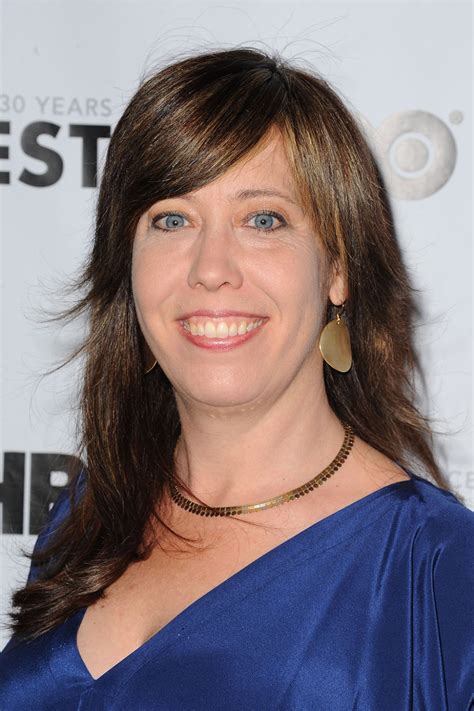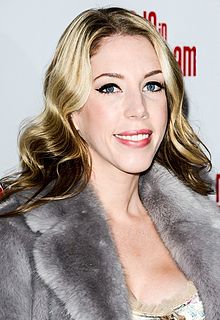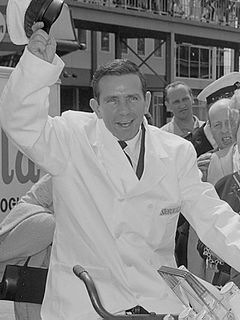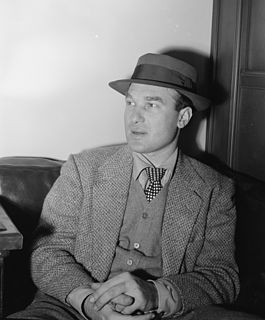A Quote by Mindy Kaling
People don't want to listen to a celebrity tweeting about their charities and shows. That's why comedy writers do well - we put out little funny ideas.
Related Quotes
[In comedy] you never want to leave the actors hanging out to dry. So you need to come up with funny individual stories for each character, and then you do this sort of comedy geometry, weaving them together. Once you've got a funny structure and you know why the scenes are funny, then you get super funny people to say your own lines, say their own lines, say things in their own way, and every scene is a live rewrite in front of the camera.
A lot of people involved with celebrity journalism have interesting ideas about the people they want to write about going into the interview. Then as soon as they actually sit down with that person, they basically ask the questions they think journalists are supposed to ask, and they start viewing themselves almost as a peer of the subject. Like they're going to become friends. That's why most celebrity journalism is so terrible.
Acting isn't always about the amount of talent you have, or your ability to cry on command. The point is, how well can you take direction? How well can you put aside your own ideas or ego and listen to the ideas of the director and the people above you, while not giving up the passion and drive of that character?
I feel like a lot of people involved with celebrity journalism have interesting ideas about the people they want to write about going into the interview. Then as soon as they actually sit down with that person, they basically ask the questions they think journalists are supposed to ask, and they start viewing themselves almost as a peer of the subject. Like they're going to become friends. That's why most celebrity journalism is so terrible.
Interestingly it's when you come to the comedy, that's where a lot of the discussion is. It's like ten people sitting around talking about what is funny. "Is that funny? Is that funnier than that? Is this slightly funnier than this?" I guess that's what it's like when you're making a comedy movie as well, you just have to sit around talking seriously about the nature of comedy.
I have to say that my background in comedy, of performing live, has been such a great foundation for what we do now on camera. I really value having that kind of experience. Because when you're doing comedy shows you're writing your own material and trying it out on people and you know people find funny and don't.
I always try to stick to the script because I want to respect the writers, and I want to respect the director. But if the director and my fellow actors are okay with me playing with it a little bit, then I definitely want to play with it. I definitely want to do that, because I tend to... when I put things in my own words, it comes out way better. It flows naturally, it just feels better. I can put some weight into the words. Even in comedy, it just comes better.
At Verve, my bookkeeper would invariably say, 'Well, why do you want to put out Roy Eldridge?' Or 'Why do you want to put out Ben Webster? They don't sell.' And I'd say, 'Well, whether they sell or not, they're important, they should be recorded and they're what Verve stands for, so we don't have to discuss that any further.


































